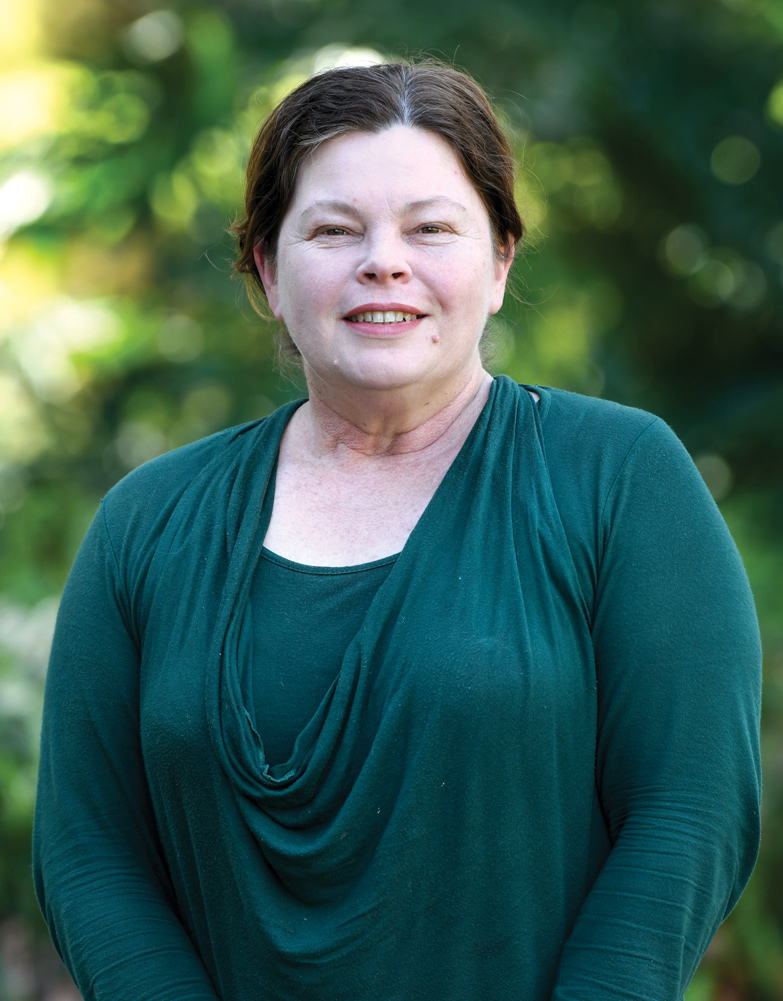Respected mental health advocate Kerry Hawkins calls out the WA Government’s lack of support for community-based services.
Year on year, increasing demand from children, youth and adults for emergency mental health support is testing the limits of Western Australia’s overstretched mental health system.

The system is currently geared towards acute and hospital-based services which means people frequently must reach crisis to access support. In our hospitals, EDs and community clinics, dedicated staff face so much demand they have little to offer beyond medication and stabilisation, with limited time to support recovery or work with people to resolve the issues that contribute to their distress.
These workers know that many of the people they support will be back when they next reach crisis.
While hospital and treatment-focused options are important, investment must be made in creating and supporting better community-based recovery pathways, which will ultimately relieve pressure on hospital staff and place us in a better position to face a potential mental health pandemic.
Once people leave hospital or a transition facility, there are few resources to support and prevent them from returning to clinical environments. This can be distressing for people and prolong their recovery.
It is also more expensive. The 2019 Mental Health Commission snapshot found 27% of mental health inpatient beds, at $1595 a day, are occupied by people who could be discharged if a community service was available.
Already groaning under decades of underfunding, community and non-clinical services respond to people’s mental health needs where people tell us they want support – in their community, near their homes and not just at the crisis end of care. However, investment remains out of reach.
Victoria’s recent Royal Commission report into mental health reiterated the need to shift away from a crisis-oriented mental health system, aligning with dozens of other mental health and suicide prevention inquiries, reports and plans in WA and nationally. When will things change?
In WA we have witnessed a wave of spending thrown at hospital beds and short-stay step-up, step-down facilities, but a similar injection directed at community support and prevention remains unmatched.
The government is spending record amounts on mental health, but it is not being strategic and consequently we are not seeing improvements in mental health outcomes.
When families asked then-Mental Health Minister Roger Cook why the government had not focused more on prevention and community support, he acknowledged more needed to be done.
Only 1% of current mental health funding is for prevention, when it should be 5%. We are going backwards. Every other major public health issue has a strong prevention and early intervention focus, but mental health just can’t seem to get onboard.
We want to see the WA Government commit to a range of intensive, skilled and peer-based community support services for adults to complement clinical teams and keep people well and participating in their community.
Current trends in investment contradict international and national evidence and best practice for improving mental health outcomes and actually work against the government’s own 10-year plan, Better Choices. Better Lives, which the Minister keeps rhetorically affirming his commitment to.
This plan outlines the optimal mix of services to deliver an efficient and effective mental health system. It states investment in prevention and community support needs to increase as a proportion of spending, while investment in acute and hospital-based services should comprise a smaller part of the total budget.
This does not mean taking money away from, or getting rid of, acute services. Rather, it means growing the overall pot of money for mental health and moving towards a better balance of service types, leading to efficiency and better outcomes.
The plan has been endorsed by people with lived experience, the community sector, as well as the likes of the Sustainable Health Review Final Report and the Office of the Auditor General – its targets are not controversial or fringe.
Despite this, moves towards achieving them are small at best.
The Western Australian Association for Mental Health is raising this issue through the Prevent Support Heal campaign because people with mental health challenges, their families and the people who support them are sick of waiting for real change.
Our community knows the only way forward to ease unsustainable working conditions at the coalface, is by preventing mental health problems before they escalate; ending the revolving door of distress; and providing early community support for people to recover and live a contributing life.
ED: Kerry Hawkins is the WA Association for Mental Health President and a National Mental Health Commissioner.

